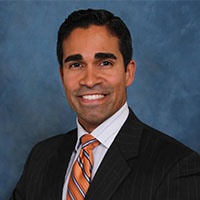Highland Mills Felony Lawyer, New York
Sponsored Law Firm
-
 x
x

Click For More Info:
-
Kevin T. Conway
664 Chestnut Ridge Rd Spring Valley, NY 10977» view mapCriminal Defense Experience You Can Trust
Kevin T. Conway uses an individualized approach to make sure your case gets the attention it deserves.
800-741-3561
Zev Goldstein
✓ VERIFIEDAttorney Zev Goldstein specializes his practice in handling traffic violations and driving-related crimes such as speeding, DWI/DUI, Aggravated Unlice... (more)
Angel I. Falcon
✓ VERIFIEDAngel I. Falcon is a Dutchess County based general practice catering to the legal needs of individuals and businesses in the Hudson Valley and surroun... (more)
Kevin Conway
✓ VERIFIEDKevin T. Conway is a local criminal attorney practicing in the field of criminal law. Attorney Conway have over 30 years of experience representing cl... (more)
FREE CONSULTATION
CONTACTJames Winslow
FREE CONSULTATION
CONTACT Kevin Conway Spring Valley, NY
Kevin Conway Spring Valley, NY AboutKevin T. Conway
AboutKevin T. Conway Practice AreasExpertise
Practice AreasExpertise




